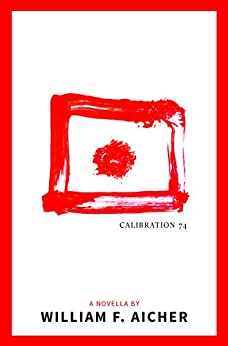
Stephen Oram’s Extracting Humanity is on tour!
Reviews so far have been fantastic. Please pay the following a visit for book talk and more:
Bookphace – “Mr. Oram’s creative power is remarkable and this collection of short stories offers a unique peek into a possible future.”
Linda’s Book Bag – “… a poised balance of clinical, factual writing that simultaneously has huge emotional impact …”
Hayley Reviews – “Some will tug at your heart strings where others are strange and thought provoking. This has shown me that I really must delve out of my comfort zone.”
Charles Heathcote (Vlog) – “… a mix of utopian and dystopian uses of technology… They could be used to improve our lives.”
From First Page To Last – “A picture formed in my mind, and I let it take hold and gain the grip that I wanted it to have on my thoughts. Blocking out all sense of reason or consequence, I let it build…”
Eleanor Nicbhatair (Vlog) – “This was a thought-provoking short story collection. It really invites the reader to the near future to consider how advancing technology will change everything. They show a utopia as well as a dystopia.”
The Shelf of Unread Books – Sample Story “The Crunch”.
In other news, I’m thrilled to share that Extracting Humanity has been longlisted for the BSFA award for Best Collection, and Adtatter Love for Best Short Fiction. BSFA members can select their favourites now, so we’d appreciate your support if you’re eligible to vote. Here’s the full list:
If you haven’t picked up a copy of Extracting Humanity yet, you can get one from all the usual places plus our webshop, where there are also a limited number of signed copies available.










